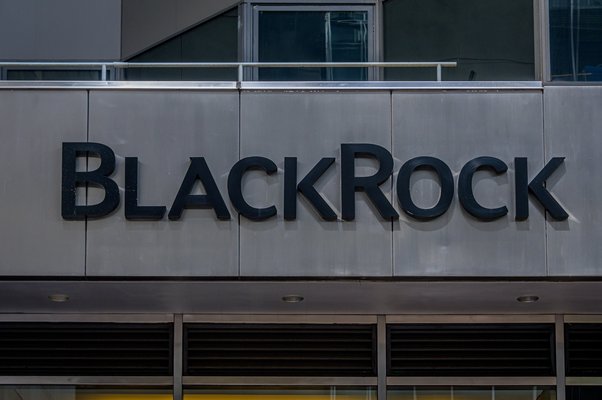Today Shell announced that CEO Wael Sawan netted £7.9 million ($9.9 million) in pay in 2023, including £5.3 million ($6.8 million) in bonuses, after a year characterised by slashing of green targets and shareholder payouts.
New Global Witness analysis shows that Sawan’s pay packet would take an average UK worker 227 years to earn or could pay for 4,700 household energy bills in the UK.
Sawan’s bonus is linked, in part, to his ability to increase oil and gas production, according to an analysis by Carbon Tracker.
Last year, only six months after taking over as CEO, Sawan promised Shell would produce more oil, killing the company’s pledge to decrease output by 2030.
According to a new analysis by Global Witness, based on Rystad data, Shell's carbon emissions surged by 4% in 2023 compared to 2022, and in 2024 they are projected to increase by an additional 5%. Emissions must drop 43% by 2030 if we are to stay within 1.5 degrees global warming, according the United Nations.
Global Witness also revealed that in 2023 Shell gave huge shareholder payouts of £18.4 billion ($23 billion), nine times more than its “green” spending on “Renewables and Energy Solutions” (RES). Shell’s real renewables investments – like solar or wind – is even less, as the company includes fossil fuel operations – like trading gas – in its RES reporting.
Today’s news follows BP’s announcement last week that new CEO Murray Auchincloss took home £8 million last year.
Jonathan Noronha-Gant, Senior Fossil Fuels Campaigner at Global Witness, said:
“Shell’s CEO £8 million pay packet is a bitter pill to swallow for the millions of workers living with the high costs of energy. Our reliance on Shell’s dirty oil and gas make them rich whilst the rest of us get poorer.
“Nothing highlights our broken energy system more than the Shell boss receiving 227 times more money than an average UK worker. Whilst energy executives celebrate making billions from the war in Ukraine, millions of people struggle to heat or feed themselves. We need our politicians to prioritise their people and not the polluters who fund them.”
NOTES TO EDITOR
- Average UK energy bills drawn from Cornwall Insight estimates for the year starting 2 April 2024, as reported by the BBC.
- Average UK salaries drawn from Office of National Statistics.
- Shells expenditure on “Renewables and Energy Solutions” is based upon the company’s cash capital expenditure spend for FY 2023.
- Data on Shell’s oil and gas production was sourced from energy business intelligence agency Rystad Energy’s UCube database. The data on oil covers only crude oil and gas. We did not include figures NGL and condensate, making these conservative production estimates. We based our emissions calculations on values taken from the European Investment Bank’s 2023 Carbon Footprint Methodologies to arrive at overall end use (Scope 3) emissions volumes from Shell’s operated oil and gas production. Carbon budget calculations are based off a carbon budget being roughly equivalent to 250 billion tonnes CO2e in order to retain a 50 percent chance of limiting warming to 1.5C, according to the latest peer-reviewed research available here.
- Sawan’s compensation can be found in Shell’s 2023 Annual Report, page 196


